Baking sourdough bread is both an art and a science, and understanding what size dutch oven for sourdough bread is crucial for achieving that perfect crust and texture. In professional kitchens, the right tools make all the difference, so lets dive into the details you need!
Choosing the appropriate size of a dutch oven for your sourdough is not just about fitting the bread in; its about creating the right environment for baking. A dutch oven helps trap steam, which is vital for a crusty top. So, what should you consider when selecting that perfect size for your next baking session?
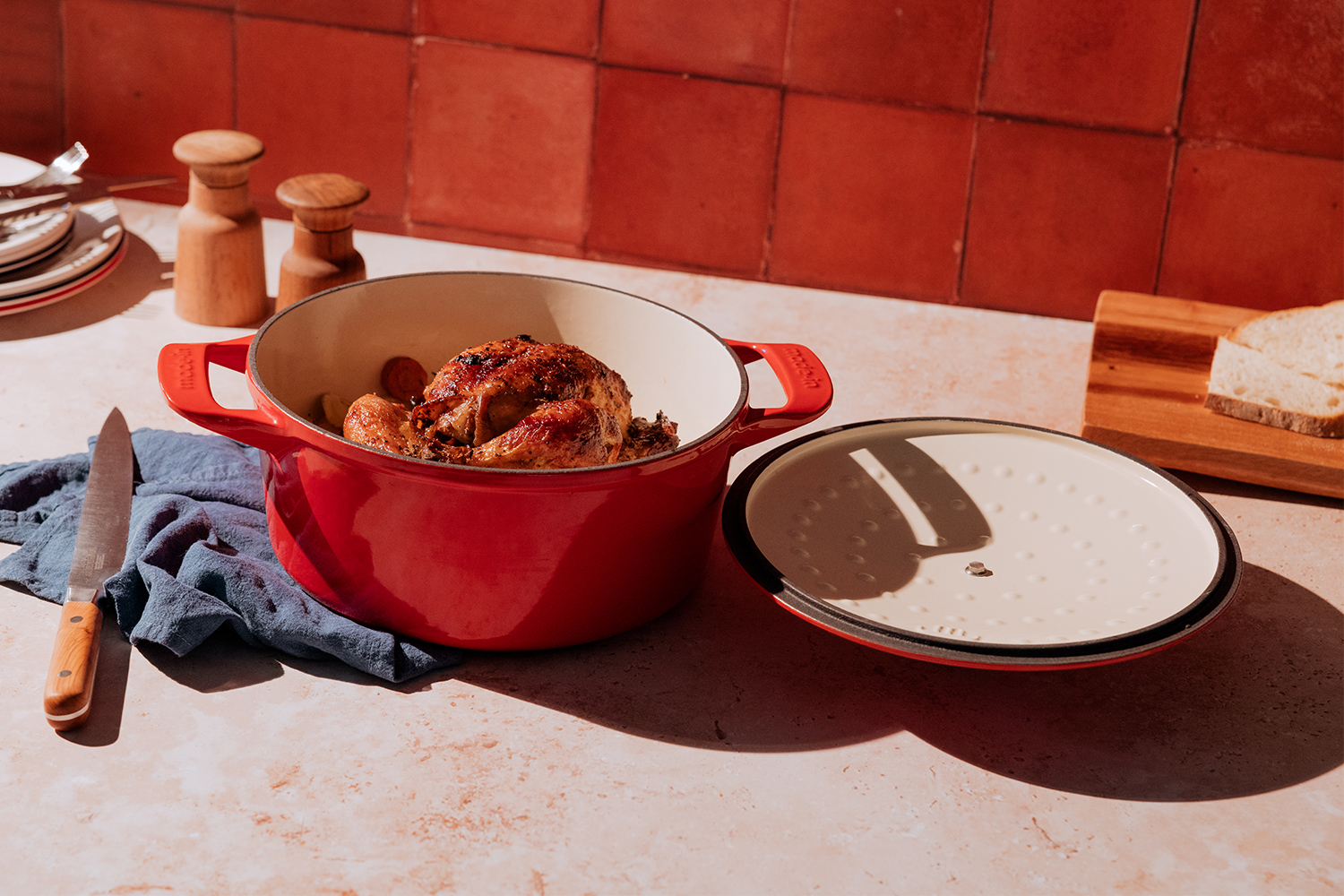
Factors to Consider When Choosing a Dutch Oven Size
1. Recipe Specifications
Begin with the recipe you plan to follow. Many sourdough recipes will specify the size of the dutch oven, often recommending sizes that range from 5-quarts to 7-quarts. For instance, a 6-quart dutch oven is typically a great all-rounder for most sourdough loaves, making it versatile for other dishes too.
2. Bread Volume
Consider the volume of bread you wish to bake. If you're a kitchen professional baking multiple loaves, a larger dutch oven could be beneficial. You can also adjust your recipes accordingly to match the spaciousness of your cookware.
3. Dough Expansion
Keep in mind how much your dough will expand during the baking process. Sourdough can rise quite a bit, so allowing it ample space is critical. A more spacious pot will help you avoid a mess, while still achieving that desired oven spring.
Different Sizes of Dutch Ovens
5-Quart Dutch Ovens
A 5-quart dutch oven is suitable for beginners or hobbyists who are still perfecting their craft. It's spacious enough for a single loaf and fits well in most home ovens. The 5-quart size is also easier to handle when dealing with hot items.
6-Quart Dutch Ovens
This is often considered the ideal size for kitchen professionals. It allows you to comfortably bake a larger loaf or even two smaller loaves simultaneously. The 6-quart capacity balances efficiency and versatility, making it a staple in professional environments.
7-Quart and Larger Dutch Ovens
If youre planning on batch baking or experimenting with larger recipes, a larger dutch oven of 7-quarts or more might be right for you. It provides ample space for rising dough and multiple loaves, ensuring even heat distribution.
Material Matters When Baking Sourdough
The material of your dutch oven plays an equally important role in baking sourdough. Cast iron is often the preferred choice due to its excellent heat retention and even cooking properties. Many professional kitchens lean towards enameled cast iron dutch ovens as they provide durability and easier clean-up.
Cleaning and Maintenance of Your Dutch Oven
Maintaining your dutch oven is essential for its longevity. For guidance on proper cleaning techniques, check out this article on cleaning a dutch oven.
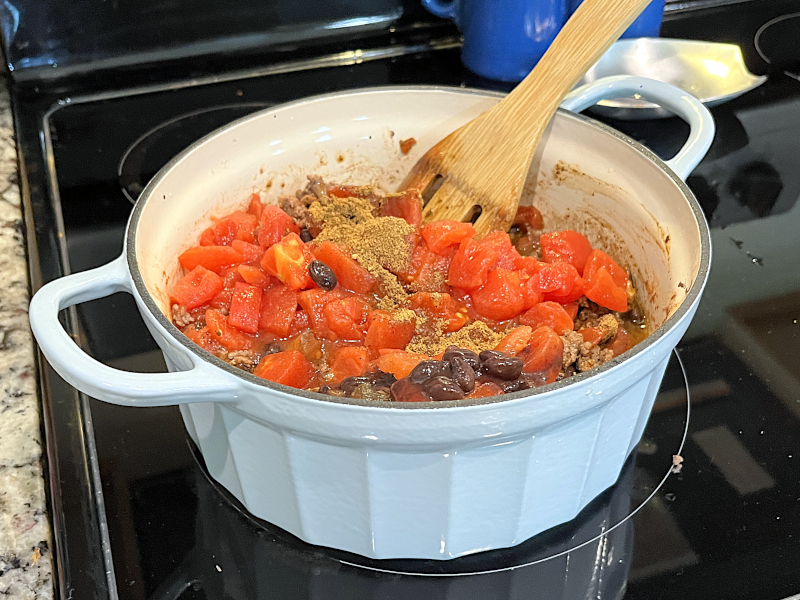
Common Questions About Dutch Ovens and Sourdough
1. Can I use a smaller dutch oven for sourdough?
Using a smaller dutch oven is possible but may limit your dough volume and rise. If using a 4-quart or smaller size, consider adjusting your recipe accordingly.
2. What are the benefits of using a cast iron dutch oven?
Cast iron dutch ovens provide excellent heat retention and distribution, which helps create the perfect crust for your sourdough, as well as ensuring even baking.
3. Should I preheat my dutch oven?
Yes, preheating your dutch oven is a recommended practice. This helps create a steamy environment for your dough as it enters the oven, promoting the desired crusty exterior.
As an Amazon Associate, I earn from qualifying purchases.

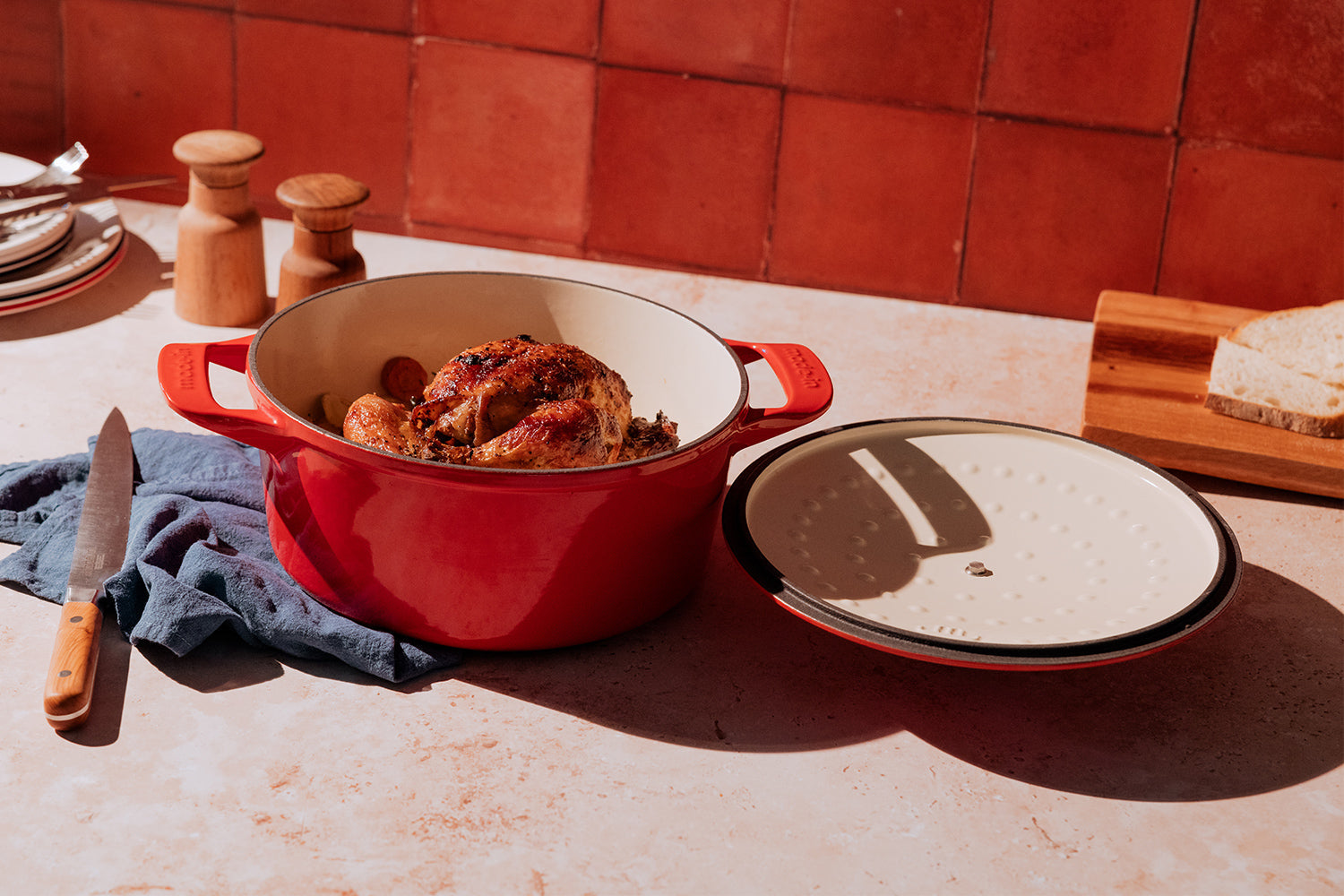


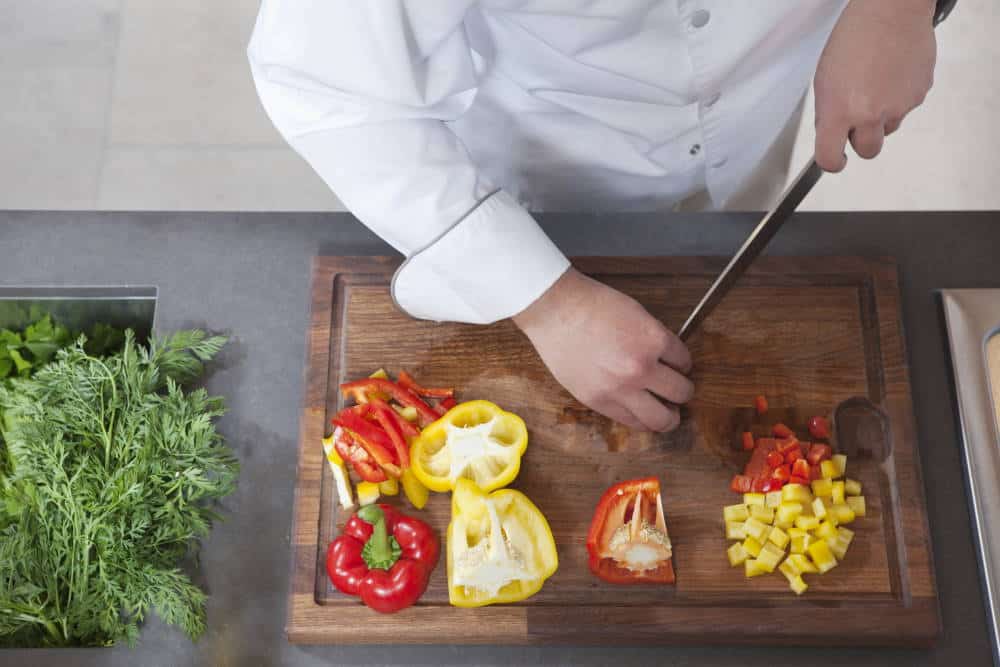
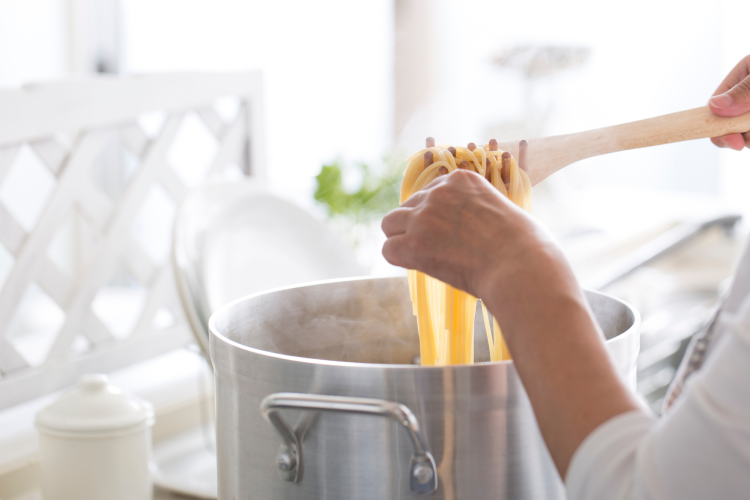
Leave a comment
This site is protected by hCaptcha and the hCaptcha Privacy Policy and Terms of Service apply.